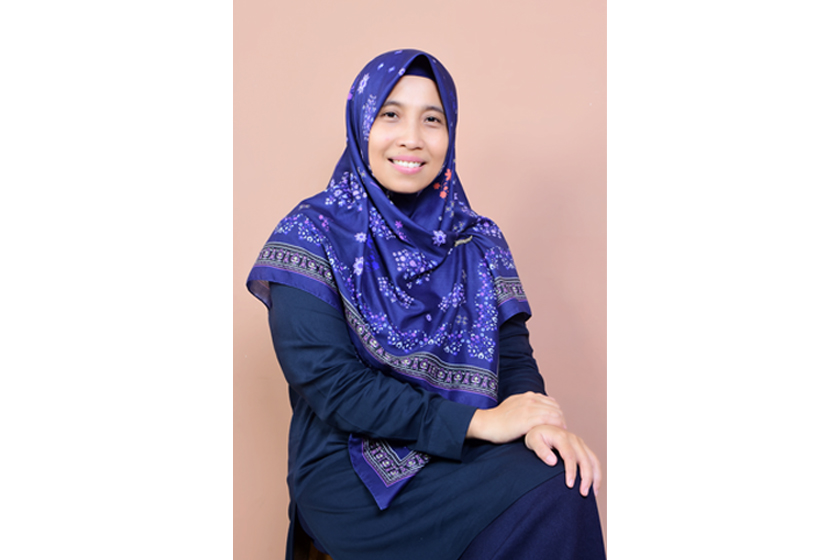11 February 2025
Join our Australian Alumni Grant Info Session!
Are you an Australian alumnus or Australia Awards in Indonesia scholar who want to strengthen your A... Read more
The Australia Awards are prestigious, transformational scholarships and short courses offered to emerging leaders for study, research and professional development in Australia

25 April 2022
 Continuous Monitoring Application for Water Quality Assessment of River Bodies
Continuous Monitoring Application for Water Quality Assessment of River Bodies
Project leader: Mrs Dharma Aryani
Level of education and university: PhD, Royal Melbourne Institute of Technology
Collaborating Organisations: Dinas Pengelolaan Lingkungan Hidup Provinsi Sulawesi Selatan
Project Location: Sulawesi Selatan
Activity Type: Research & Development and innovation
Sector: -
Project Rationale:
Water is essential to daily life everywhere. Approximately 71% of the surface of the earth is covered by water but only 2.5% are the rivers and lakes needed for economic activity such as agriculture, fisheries, mining, transport and tourism. The most important use of water to humans is drinking water, washing, and bathing. Moreover, the aquatic life that will eventually become a source of protein for humans needs water as their habitat.
To ensure sustainable development in Indonesia, the basic principle regarding water resources would be to sufficiently satisfy the needs for water of all people and all development sectors, taking into account the aspects of water resource carrying capacity and conservation. Pollution of the aquatic environment occurs when humans introduce, either by direct discharge to water or indirectly, substances or energy that result in deleterious effects such as: hazards to human health, harm to living resources, hindrance to aquatic activities such as fishing, impairment of water quality with respect to its use in agriculture, industry or other economic activities, or reduction of amenity value.
A decade ago, a natural disaster occurred where the crater of Mount Bawakaraeng collapsed into the upper reaches of the Jeneberang River in South Sulawesi. The collapsed section was identified as the crater rim and the estimated volume of the mass covering the Jeneberang watershed area was 200-300 million cubic meters. The Jeneberang River is one of the largest and most important rivers in South Sulawesi because it flows across the regencies of Gowa and Takalar and the city of Makassar. Nowadays with increasing urbanisation, agricultural and industrial practice has brought negative effects to both surface and ground water and will rapidly decrease water quality in terms of its physical, chemical and biological characteristics. Jeneberang River and the other mainstream rivers in South Sulawesi have shown degraded water quality since industrial and household waste have significantly increased.
The proposed research to establish a continuous monitoring application for water quality assessment of river bodies will be a solution for all the afforementioned problems.
Project Beneficiaries:
The project provides a continuous monitoring application for water quality assessment of river bodies. The integrated real-time measurement and remote monitoring application could bring significant advantages for the relevant task of Dinas Pengelolaan Lingkungan Hidup (DPLH) in conducting efficient and rapid water quality assessment of the river stream. In addition, the direct beneficiaries are the competency improvement of all the project team members. Eventually, overall benefits are for the communities that need access to clean water facilities.
Priority Development Area:
Economic Recovery
Link with Australian organisation: -
Share this project on:
 Related Project Profiles
Related Project Profiles
This website uses cookies to improve your website experience. We may also use cookies to analyse website data so that we can improve our online services. To find out more visit our privacy policy.
